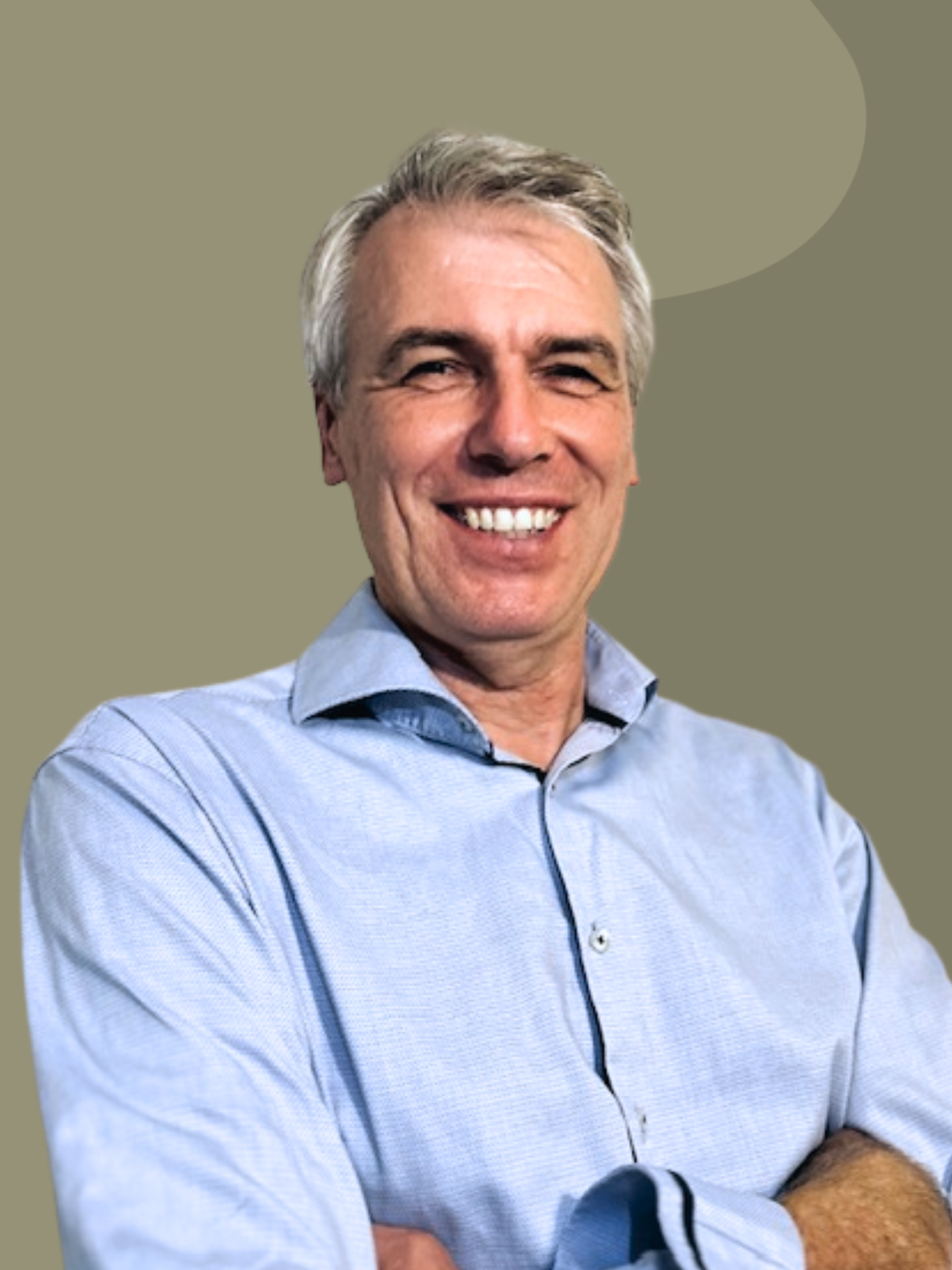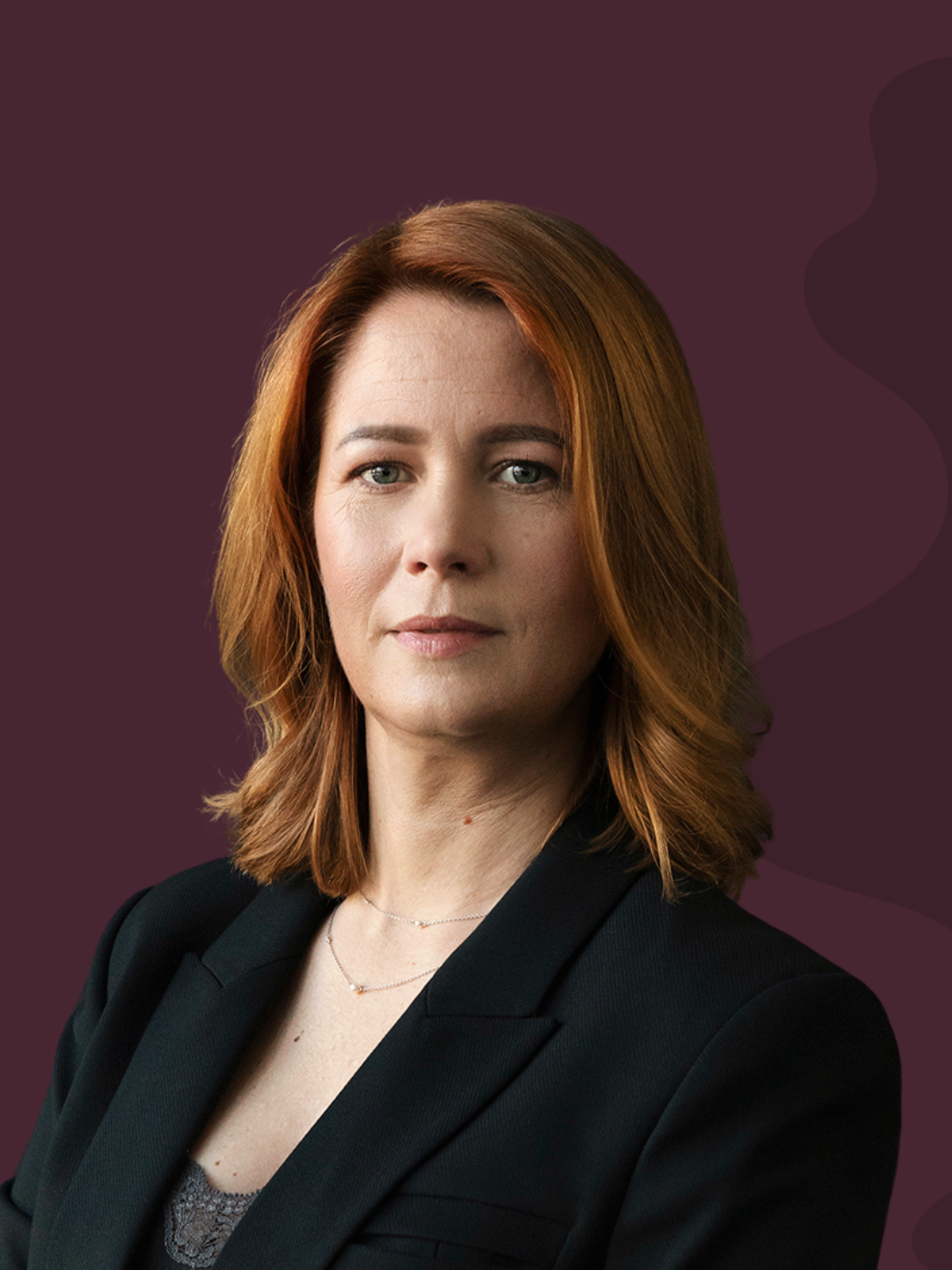BUSINESS CASE EHL
Redefining Leadership For The Future
With expertise dating back to 1893, EHL (formerly known as Ecole hôtelière de Lausanne) offers a wide range of leading educational programs from apprenticeships to master’s degrees, as well as professional and executive education, on three campuses in Switzerland and Singapore. Focused on developing hospitality competencies transferable to multiple industries, they also offers consulting and certification services to companies and learning centers around the world. The institution boasts a diverse student body from over 120 countries and a staff of almost 700, providing hands-on learning experiences through its on-campus training facilities including a variety of kitchens and restaurants. EHL consistently ranks among the top hospitality management schools globally.
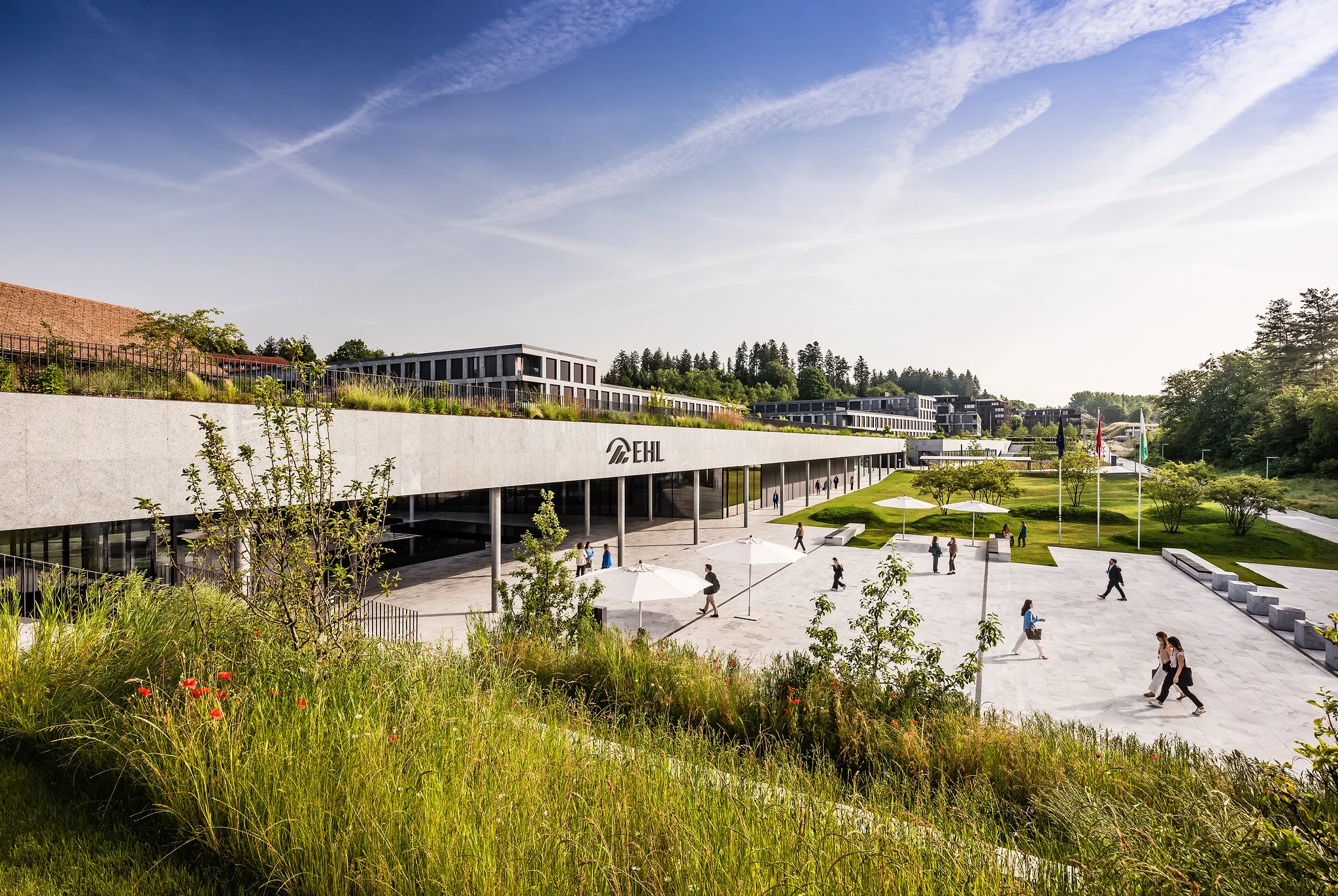
Project Overview
EHL embarked on a cultural transformation journey in 2021, integrating a bottom-up innovation program—Pathfinder and Pathbuilder—in collaboration with IMD and strongly supported by management team and Board.
As part of this initiative, 16 internal colleagues were selected for each program, fostering a diverse exchange of ideas and expertise. This approach led to the successful implementation of two community-sourced business cases: a new leadership blueprint and a dedicated department for people development. The leadership blueprint became the foundation of what is now known as the EHL Tempo culture model, encompassing five key leadership principles.
In 2023, EHL engaged KennedyFitch to design a EHL Tempo culture workshop, train a team of internal facilitators to lead it, and provide ongoing coaching throughout the delivery phase. The request was connected to two priorities of the EHL strategy: managing cultural change and creating synergies.
The desire was to align EHL’s purpose, strategy and culture through the 5 leadership principles and behaviors, guiding the EHL community in their daily actions and decisions. These principles had been developed in a co-creative, bottom-up manner, with the input of a wide variety of stakeholders, culminating in what is now known as the EHL Tempo culture model. Just like music, culture thrives on the diverse voices and rhythms of different people. When these unique contributions come together, like various instruments in an orchestra, they create a rich melody that reflects the beauty of unity in diversity.
“The picture of a flock of birds flying in shapes in the open sky and creating the most perfect formation was the first symbol of our cultural journey. We wanted everyone to experience the feeling of piloting their own course without colliding with the neighbor, deciding autonomously while gliding in perfect synchrony with colleagues, and being a leader and a follower at the same time. This, with the belief that no one remains small who experiences trust in his development and exploits his freedom in harmony with all the others.”
Carole Ackermann, PhD
Chairwoman of the Board & President of EHL Board of Trustees

The Tempo Workshops
The objectives of the Tempo Workshops were two-fold:
- To train EHL colleagues on the principles and behaviors to raise awareness of their impact on a culture change (knowledge), becoming ambassadors (mindset) and applying the principles in their daily work (competencies).
- To enhance synergies and collaboration across Business units and teams under one shared purpose. The ambitious aspiration was to have at least 80% of the 700 EHL colleagues across all 3 campuses attend the 2-day Tempo Workshop within 1 year (2024), with the help of 14 internal facilitators from across the organization.
Solutions
In the first phase of the project, KennedyFitch worked with Linda Papasidero, Culture & Leadership Transformation Manager, and Lionel Crottaz, People Development Manager, to develop the initial design of the 2-day Tempo Workshop.
The design criteria that we established were that the workshop should be:
- Interactive and experiential, in order to solidify the learning through action and reflection;
- Applicable to everyone’s context, making it feel relevant for all colleagues in the very diverse population EHL has, from Leadership to Faculty to Operations;
- A safe space, so that everyone feels comfortable to share and lean in;
- Fun and create shared memories.
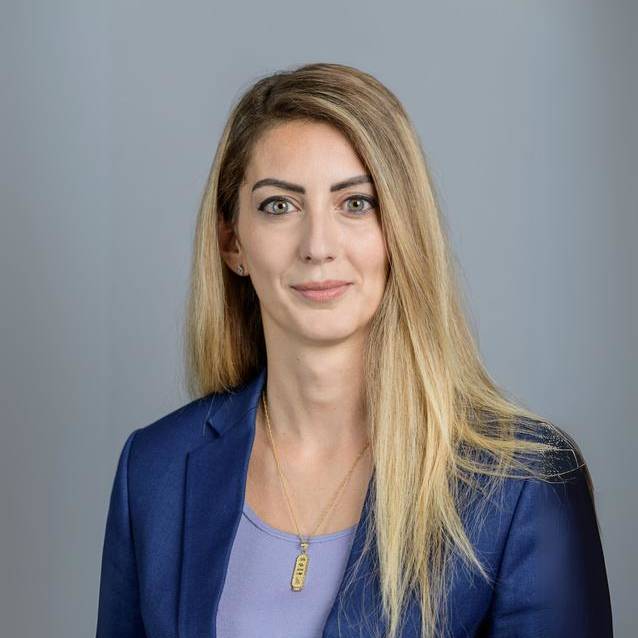
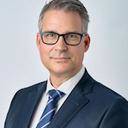
Solutions
We designed a draft workshop with a flow that touched upon the 5 principles, one by one, with a continuous cycle of “learn, do, reflect”, supported by presentation materials, posters, handouts, and a workbook. This would ensure that the energy levels remained high, through active moments, and offered something for all different learning preferences (Visual, Auditory, Read/Write, and Kinaesthetic). The exercises were also designed in a way that participants were encouraged to frame them within their own daily work experiences, making them accessible to all. Lastly, we used the music theme to add a fun element to the program that would guarantee a creative and memorable close.
Once the draft design was complete, we ran a series of workshops with Linda, Lionel and the 14 internal facilitators (Tempo facilitators). In a spirit of co-creation we did a dry run of the workshop and then jointly worked on adjustments to the design – a process that simultaneously functioned as a “train-the-trainer” moment – until everyone felt comfortable with the design and content. During this dry run workshop, the Tempo facilitators were able to adjust some of the exercises and make it fit their abilities and preferred style of facilitation.
During the year long delivery phase, KennedyFitch held a number of virtual and in person check in sessions with the Tempo facilitators, offering support and guidance on facilitation techniques.
Outcome
By the end of 2024, 41 workshops had been delivered in Switzerland, Singapore, India and China in English, French and German by the 14 Tempo facilitators.
This meant that a total of 82% of EHL’s workforce had attended a Tempo session, with more workshops already planned for 2025. And the impact has been measurable:
- Indirect impact: Happy @ Work scores went up by 10% on average on every metric
- Direct impact: In the post-session survey, the rating of the question on the principles are being applied went from a 2 out of 5 to a 4 out of 5
The principles are now also being embedded in the different people processes throughout EHL but, more importantly, employees have also started applying them on their own initiative. The EHL Recognition program is being linked to the principles and there is a Tempo Story Challenge in which employees can share examples on how they live the behaviors. A Tempo Toolbox has also been developed and leaders are using it to design and facilitate their team meetings.
Reflections
More than a year into the project, we spoke with Linda and Lionel and asked them how they look back on the challenge of changing the culture at EHL.
What made you choose to partner with an external firm for the design, given that you are an academic institution and have the capabilities in house, and use internal facilitators?
We felt it would be good to have an external perspective. We wanted someone who had worked with Universities before and could help us get out of our “bubble”. You did that by creating a safe space for us to co-create, by listening but also leveraging your experience and telling us when something will work or not. You applied the Tempo principles in the way you worked with us.
At the same time, you can’t outsource culture change, you need to walk the talk. And that is why we wanted to use our own people for the delivery. Colleagues could nominate themselves and we ran a selection process to put together the group of facilitators we felt would best represent the values, principles, and behaviors of EHL.
You set yourselves a high ambition – to have all colleagues attend a Tempo Workshop within 1 year – and it’s quite a commitment the Tempo Facilitators took on in addition to their regular job. What was the key to success do you think?
A key challenge in launching the Tempo workshops was overcoming skepticism. Many feared it was EHL culture “brainwashing,” making them reluctant to register. However, once they experienced the workshop, their perspectives shifted, and peer encouragement increased participation. Another hurdle was adapting the format for operational teams who couldn’t take two full days off. We introduced a digital component—EHL Tempo Fundamentals—and shortened the in-person session to 1.5 days, maintaining connection and engagement. Facilitators also managed skeptical participants who voiced past struggles at EHL. Having internal facilitators helped build trust, making discussions productive. Ultimately, the workshops reinforced that while leadership principles seem like common sense, they are not always common practice. They highlighted the power of human connection in fostering a safe space for meaningful cultural evolution.
How would you describe the Tempo Sessions in your own words?
The fact that it has now become an expression that your hear often – that something is or isn’t “Tempo” – shows that we have managed to create an experience that creates a bond between people across EHL and has shifted the mindset. Colleagues across very different departments and seniority levels now have shared memories and a common language. And the interactive aspect and fun factor definitely helped; everyone wants to be heard but nobody likes to be lectured. Testament to the positive experience is that participants are asking for more workshops on a variety of themes!
“As a former strategy professor I believed strategy is more important than culture, but in my new role as CEO, and reflecting about the effect the Tempo project had on our organization, I recognise how important changes in behaviours are to support the implementation of a strategic intent.”
Markus Venzin, PhD
Chief Executive Officer, Executive Leadership Team


